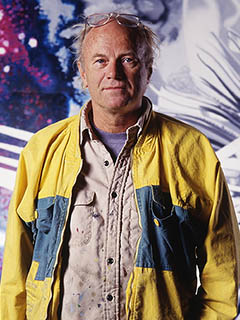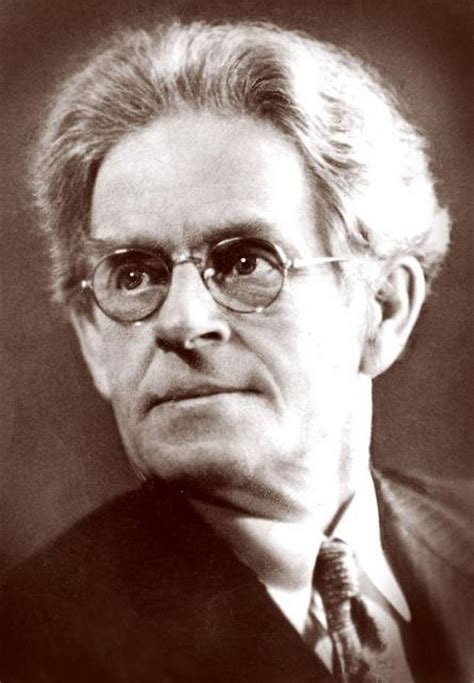A Quote by Johannes Kepler
The Earth is round, and is inhabited on all sides, is insignificantly small, and is borne through the stars.
Related Quotes
The motive of science was the extension of man, on all sides, into Nature, till his hands should touch the stars, his eyes see through the earth, his ears understand the language of beast and bird, and the sense of the wind; and, through his sympathy, heaven and earth should talk with him. But that is not our science.
E'en in mid-harvest, while the jocund swain Pluck'd from the brittle stalk the golden grain, Oft have I seen the war of winds contend, And prone on earth th' infuriate storm descend, Waste far and wide, and by the roots uptorn, The heavy harvest sweep through ether borne, As light straw and rapid stubble fly In dark'ning whirlwinds round the wintry sky.
There are more stars than there are people. Billions, Alan had said, and millions of them might have planets just as good as ours. Ever since I can remember, I’ve felt too big. But now I felt small. Too small. Too small to count. Every star is massive, but there are so many of them. How could anyone care about one star when there were so many spare? And what if stars were small? What if all the stars were just pixels? And earth was less than a pixel? What does that make us? And what does that make me? Not even dust. I felt tiny. For the first time in my life I felt too small.
Everything the Power of the World does is done in a circle. The sky is round, and I have heard that the earth is round like a ball, and so are all the stars. The wind, in its greatest power whirls. Birds make their nest in circles... The sun comes forth and goes down again in a circle. The moon does the same and both are round. Even the seasons form a great circle in their changing, and always come back again to where they were.
While most of those who hold that the whole heaven is finite say that the earth lies at the center, the philosophers of Italy, the so-called Pythagoreans, assert the contrary. They say that in the middle there is fire, and that the earth is one of the stars, and by its circular motion round the center produces night and day.
IT is reported of Margaret Fuller that she said she accepted the universe. "Gad, she'd better!" retorted Carlyle. Carlyle himself did not accept the universe in a very whole-hearted manner. Looking up at the midnight stars, he exclaimed: "A sad spectacle! If they be inhabited, what a scope for misery and folly; if they be not inhabited, what a waste of space!"


































